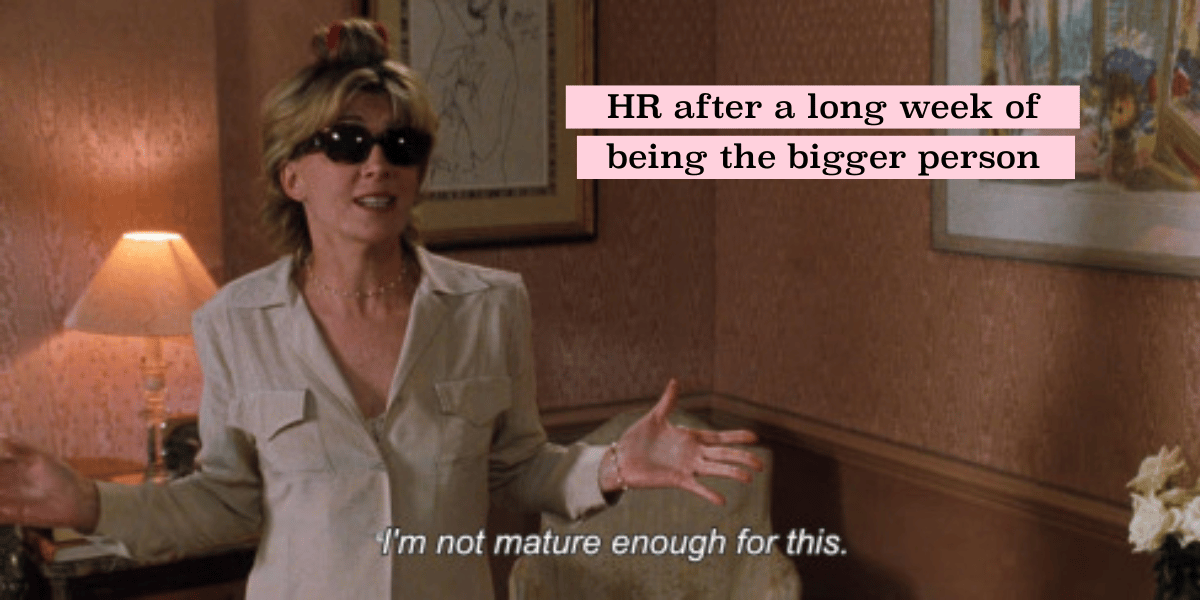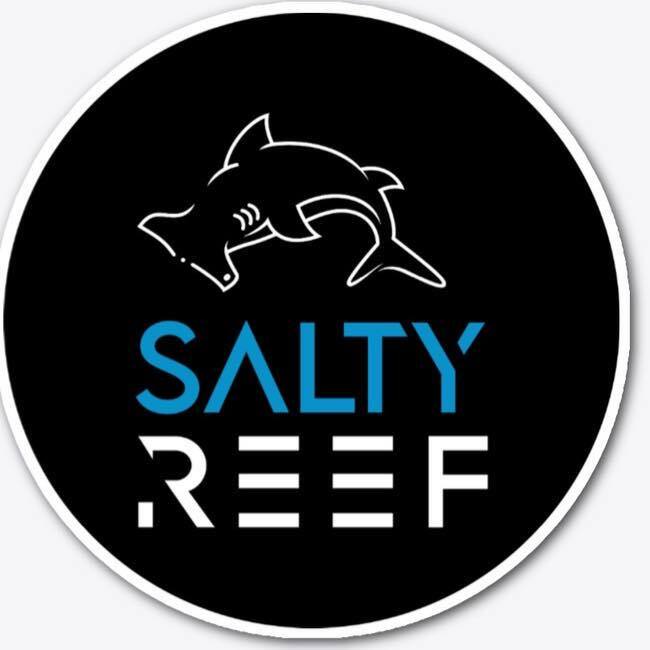
Octopus
If the ocean had a cast of characters for an undersea drama, the octopus would be the unpredictable genius—the one with a flair for escape artistry, a closet full of disguises, and a knack for vanishing right before the credits roll.
Octopuses are not just bizarre-looking sea creatures with too many arms for a sweater. They are some of the most intelligent, adaptable, and entertaining animals on the planet. From their alien-like bodies to their Houdini-level escapes, each species offers a unique story worth telling.
🧠 Brains of the Deep
The octopus has a brain that would make many mammals jealous—actually, nine brains. One central brain and a mini-brain in each arm, allowing them to multitask like a corporate executive with eight laptops. Each arm can independently taste, touch, and even solve problems without waiting for instructions from headquarters.
Their problem-solving skills are legendary. In aquariums, octopuses have been known to unscrew jars, sneak into neighboring tanks for snacks, and rearrange tank decor for fun. Some scientists call them “escape artists,” but I like to think of them as the ocean’s pranksters.
🌀 Masters of Disguise

Photo by Pia B
Octopuses can change their color, texture, and even the shape of their bodies in under a second. This isn’t just a cool party trick—it’s survival. Using specialized skin cells called chromatophores, iridophores, and leucophores, they blend perfectly into coral, rocks, or sandy seafloors.
Some, like the mimic octopus (Thaumoctopus mimicus), take this to another level by impersonating other dangerous marine animals, like lionfish, flatfish, or sea snakes. It's like the ultimate ocean cosplay.
🌍 Meet the Stars of the Cephalopod Stage
The Giant Pacific Octopus

Giant Pacific Octopus
Size: Can stretch up to 14 feet across.
Fun Fact: They can live 3–5 years—long for an octopus—and some have been spotted carrying their eggs for over six months without eating.
Personality: The wise, gentle giant of the octopus world.
The Blue-Ringed Octopus
Size: Small enough to fit in your palm.
Fun Fact: Despite its adorable size, it’s one of the most venomous animals on Earth. Its bite can be fatal to humans—yet it rarely attacks unless provoked.
Personality: The “don’t touch” warning sign of the sea.
The Caribbean Reef Octopus
Size: About the size of a dinner plate.
Fun Fact: Known for its stunning color displays—brilliant blues and greens that look like glowing neon underwater.
Personality: The flashy show-off with a hint of mystery.
The Dumbo Octopus
Size: Usually under a foot long.
Fun Fact: Named for its ear-like fins that flap like Disney’s Dumbo. Lives in the deep sea, where sunlight never reaches.
Personality: The shy, adorable introvert of the octopus kingdom.
🎭 The Emotional Cephalopod
Believe it or not, octopuses can display a range of “moods.” Researchers have observed them showing signs of playfulness, curiosity, and even mischief. They’ll squirt water at humans just for fun (or revenge), rearrange their surroundings, and occasionally seem to sulk if bored.
They’re also known to recognize individual humans—showing friendly behavior toward some and suspicion toward others. If an octopus doesn’t like you, trust me, you’ll know.
💔 A Short but Brilliant Life
One of the most bittersweet facts about octopuses is that they have relatively short lifespans—most live just 1–2 years. After mating, females devote their remaining days to guarding and tending their eggs, often without eating, and die shortly after they hatch.
Males aren’t much luckier—they die soon after mating. It’s a fleeting life, but one lived with curiosity, creativity, and constant adventure.
📸 Fun Fact Snapshot
They can regrow lost arms—handy if you get into a scrap with a moray eel.
Some species walk on land briefly to hunt in tide pools.
They have three hearts, and two of them stop beating when they swim.
Their blood is blue, thanks to a copper-based molecule called hemocyanin.
🌊 Why We Should Care
Octopuses play a vital role in ocean ecosystems, keeping populations of crabs, mollusks, and fish in balance. Yet, like many marine creatures, they’re affected by overfishing, habitat destruction, and climate change.
Protecting the oceans means protecting these extraordinary animals—so they can keep dazzling us for generations to come.
🐙 Final Thoughts
The octopus is a living reminder that the ocean holds mysteries we’ve barely begun to understand. They’re clever, beautiful, and just a little bit strange—in the best way possible.
Next time you’re near the sea, imagine an octopus watching you from its rocky hideout, sizing you up, deciding whether you’re worth a squirt of water… or maybe just a wink of a blue ring.
P.S. If you loved this dive into octopus life, share this with a fellow ocean enthusiast. And if you have a favorite octopus encounter, reply—I’d love to hear it for a future feature in Salty Reef.
Some links help us earn a few sand dollars (aka affiliate commissions). It costs you nothing — but helps keep Salty Reef afloat and our fins flappin’. Thanks for the support, dive buddy! 🌊💙
The best HR advice comes from those in the trenches. That’s what this is: real-world HR insights delivered in a newsletter from Hebba Youssef, a Chief People Officer who’s been there. Practical, real strategies with a dash of humor. Because HR shouldn’t be thankless—and you shouldn’t be alone in it.

